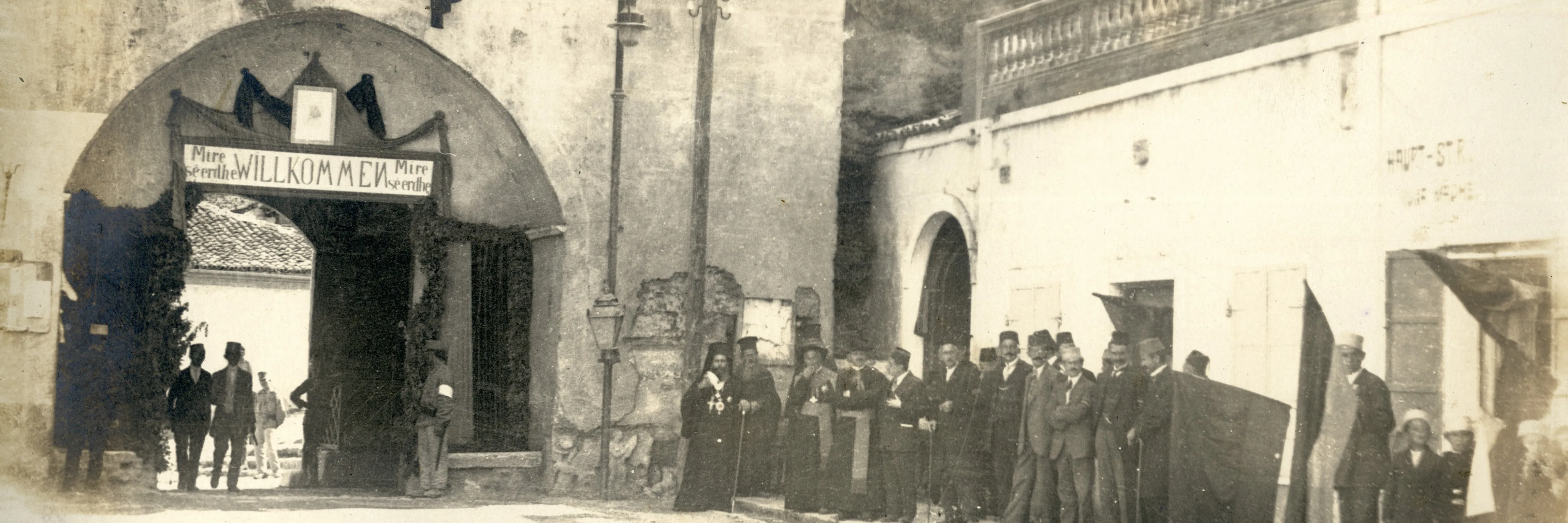Workshop in Berlin, Wissenschaftskolleg zu Berlin, 5-6 June 2025.
On 5-6 June 2025, the workshop „New Economic History of Central and Eastern Europe?” was held in Berlin. The event was organized by Gábor Egry and the Wissenschaftskolleg zu Berlin.
The economic history of modern Central, Eastern and Southeastern Europe experiences a wave of changes. Recent works questioned established narratives of interwar fragmentation and economic decline, the effects of economic nationalism on businesses, and revealed important continuities between the era of the First Globalization and the interwar. Historians started to think about Austria–Hungary as a colonial and imperial power, a turn that aligns with the growing interest of the broader historiography in the economic and informal aspects of imperialism. The ambition of this workshop was to bring together practitioners of various fields (bottom-up economic history, macroeconomic history, labor history, history of welfare, new imperial history etc.) to explore the potential and possibilities offered by the recent developments in historiography and potentially set out a new research agenda.
The workshop also featured a presentation by Krisztián Csaplár-Degovics, entitled “Austro-Hungarian Colonial Ventures: the Case of Albania (1896–1914)”. The lecture, after a general introduction, presented three major economic ventures backed by European non-state actors: the plans for the establishment of the National Bank of Albania (1913/1914), the potential of the timber trade, and the history of the Albanian Corporation Ltd. syndicate (1914).




